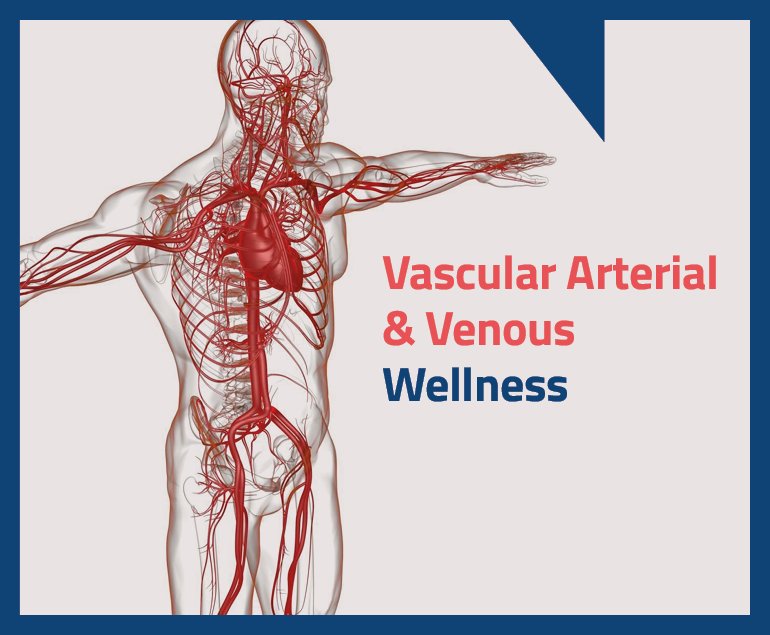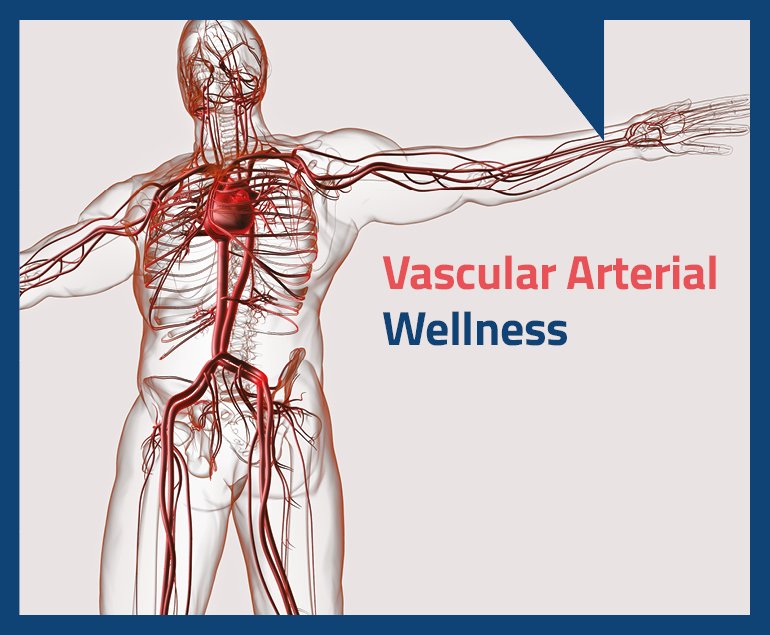Overview of Cardiology at Northern Heart Hospital
Cardiology is the branch of medicine that deals with the diagnosis and treatment of heart and blood vessel disorders. This field encompasses a wide range of conditions, including coronary artery disease, heart rhythm disorders, heart failure, and congenital heart defects.
Cardiologists use various diagnostic tools, such as electrocardiograms (ECGs), echocardiograms, and cardiac catheterisation, to evaluate heart function and detect abnormalities. Treatment options in cardiology may include lifestyle changes, medications, non-invasive procedures, and surgeries like angioplasty or bypass surgery.
The primary goal of cardiology is to improve heart health, manage symptoms, and prevent complications through early detection and effective treatment.
Experienced Cardiologists in the region at Northern Heart Hospital
Dr. Tan Chiang Soo
Dr. Barakath Badusha Bin Abdul Kareem
Dr. Chen Lean Seng
Dr. Tuan Jiun Haur
Dr. Donald Ang Swee Cheng
Dr. Mugilan Sundarajoo
Discover top-notch cardiac care with Northern Heart’s skilled Cardiologists. Schedule an appointment today!
Common Heart Disease Symptoms
Recognising the symptoms of heart disease is crucial for early detection and treatment. Here are some of the most common signs to watch for:
- Chest pain or discomfort
Feeling of pressure, tightness or pain in the chest. - Shortness of breath
Difficulty breathing during activity or at rest. - Fatigue
Unusually feeling tired or weak even with minimal exertion. - Palpitations
Feeling of rapid, pounding or irregular heartbeat. - Swelling (Edema)
Swelling in the legs, ankles, feet or abdomen due to fluid retention. - Dizziness or Lightheadedness
Leading to fainting, loss of consciousness. - Nausea or Vomiting
Feeling sick to the stomach or vomiting, often associated with heart attack symptoms. - Sweating
Excessive sweating, especially cold sweats, can be a sign of a heart attack. - Pain in other areas of the body
Pain that radiates to the shoulders, arms, back, neck, jaw, or stomach, often associated with heart attacks.
Cardiovascular (Heart) Conditions
Heart diseases can be either congenital or acquired diseases with a diversity of cardiovascular complications such as (but not limited to) the below:
- Coronary Artery Disease (CAD)
- Heart Attack (Myocardial Infarction)
- Heart Failure
- Arrhythmias
- Atrial Fibrillation
- Ventricular Tachycardia
- Bradycardia
- Tachycardia
- Cardiomyopathy
- Congenital Heart Defects
- Heart Valve Disease
- Aortic Stenosis
- Mitral Valve Prolapse
- Mitral Valve Regurgitation
- Pericarditis
- Endocarditis
- Aortic Aneurysm
- Peripheral Artery Disease (PAD)
- Hypertensive Heart Disease
- Rheumatic Heart Disease
- Pulmonary Embolism
- Sudden Cardiac Arrest
- Angina Pectoris (Chest Pain)
Interventional Cardiology (Heart) Disease Treatments
At Northern Heart Hospital, we offer a comprehensive range of procedures and treatments for various cardiovascular conditions, including (but not limited to):
- Coronary Angiogram (COROS)
- Percutaneous Transluminal Coronary Angioplasty with Stenting (PTCA)
- Transcatheter Aortic Valve Implantation/Replacement (TAVI/TAVR)
- PTCA without stenting or with Drug Eluting Balloon (DEB)
- Intracoronary Stem Cell
- Intravascular Ultrasound (IVUS)
- Optical Coherence Tomography (OCT)
- Fractional Flow Reserve/Resting Full Cycle Ratio (FFR/RFR)
- Quantitative Flow Ratio (QFR)
- Percutaneous Transluminal Rotational Atherectomy (PTCRA) – Rotablation
- Shockwave Intravascular Lithotripsy (IVL)
- Transesophageal ECHO (TEE)
- Temporary Pacemaker Insertion (TPM)
- Graft Study
- Coronary Angioplasty to Graft
- Pericardial Tapping
- Right Heart Catheterisation
- Renal Angiogram
- Renal Angioplasty
- Renal Denervation
- Carotid Angiogram
- Peripheral Angiogram
- Peripheral Angioplasty
- Coil Embolisation
- IABP Insertion
- Aortagram
- Cardioversion
- Transthoracic Echocardiogram (TTE)
- Thrombectomy
Your Recovery from Heart Disease
Effective heart disease care involves a comprehensive approach that includes lifestyle changes, medications, and possibly surgical interventions. Here are key aspects of managing heart disease:
Adopting a healthier lifestyle is crucial for managing heart disease.
- Healthy Diet: Eat a balanced diet rich in fruits, vegetables, whole grains, and lean proteins. Limit salt, sugar, and saturated fats.
- Regular Exercise: Engage in at least 150 minutes of moderate aerobic activity or 75 minutes of vigorous activity per week.
- Weight Management: Maintain a healthy weight to reduce strain on the heart.
- Smoking Cessation: Quit smoking to improve heart health and overall well-being.
- Alcohol Moderation: Limit alcohol intake to moderate levels.
Medications play a vital role in controlling heart disease by managing blood pressure, cholesterol levels, and preventing blood clots. Below are some common medications that may be prescribed to you.
- Antihypertensives: Control high blood pressure.
- Statins: Lower cholesterol levels.
- Anticoagulants: Prevent blood clots.
- Beta-blockers: Reduce heart rate and blood pressure.
- Diuretics: Reduce fluid retention.
- ACE Inhibitors: Relax blood vessels and lower blood pressure.
In some cases, medical procedures are necessary to treat heart disease effectively. Common procedures such as the below, may be required:
- Angioplasty and Stent Placement: Open narrowed or blocked arteries.
- Coronary Artery Bypass Grafting (CABG): Improve blood flow to the heart.
- Heart Valve Repair or Replacement: Treat damaged heart valves.
- Pacemaker or ICD Implantation: Regulate heart rhythm.
- Heart Transplant: Replace a severely damaged heart.
Consistent monitoring of heart health through routine check-ups, blood tests, and imaging tests is essential for early detection and effective management of heart disease.
- Routine Check-ups: Regular visits to the cardiologist to monitor heart health.
- Blood Tests: Check cholesterol, blood sugar, and other important markers.
- Imaging Tests: Use echocardiograms, stress tests, and other imaging techniques to assess heart function.
- Education Programmes: Learn about heart disease management.
- Support Groups: Connect with others facing similar challenges.
Heart Disease - Frequently Asked Questions
Heart disease refers to a range of conditions affecting the heart, including coronary artery disease, heart failure, arrhythmias, and congenital heart defects.
Heart disease is diagnosed through a combination of medical history, physical examination, blood tests, and diagnostic tests such as ECG, echocardiogram, stress tests, and cardiac catheterisation.
Risk factors include high blood pressure, high cholesterol, smoking, obesity, diabetes, a sedentary lifestyle, family history of heart disease, and age.
Treatments range from lifestyle changes and medications to medical procedures such as angioplasty, stent placement, coronary artery bypass grafting (CABG), heart valve repair or replacement, and in severe cases, heart transplantation.
While some forms of heart disease can be managed effectively with treatment, many types of heart disease are chronic and require lifelong management.
Regular monitoring is crucial for managing heart disease. It helps track the progress of the condition, assess the effectiveness of treatments, and make necessary adjustments to the care plan.
If you experience symptoms of a heart attack, such as chest pain, shortness of breath, nausea, or lightheadedness, please call our emergency hotline at +604 217 5555 or proceed directly to our 24-hour Emergency Department
If you experience chest pain, difficulty breathing, or irregular heartbeats, it’s advisable to consult a cardiologist. Routine appointments are suggested for those with conditions like high blood pressure or diabetes.
Explore Northern Heart Hospital’s list of cardiologists here.
Here are some questions you may consider asking your cardiologist
- What is the exact nature of my heart condition?
- What are the potential causes and contributing factors?
- What diagnostic tests or procedures do I need, and what do they involve?
- What are the treatment options available for my condition?
- What are the potential risks and benefits of each treatment option?
- Are there any lifestyle changes I should make to improve my heart health?
- What symptoms should I watch out for that may indicate worsening of my condition?
- How frequently should I follow up with you for monitoring and evaluation?
- Are there any medications I need to take, and what are the possible side effects?
- Are there any support groups or resources available for patients with my condition?
To select a cardiologist, it’s essential to follow a few key steps. Begin by conducting thorough research to find potential candidates. Look into their credentials, reviews, and experience to ensure they meet your standards. Equally important is choosing a cardiologist with whom you feel comfortable and confident in their ability to provide personalised care. Effective communication with your cardiologist is crucial for successful treatment, so prioritise selecting someone with whom you can easily communicate.
Discover top-notch cardiovascular care with Northern Heart’s team of skilled cardiologists. Trust their expertise, dedication, and commitment to your heart health. Schedule an appointment today and experience exceptional cardiac care firsthand.
Related Health Packages
Related Health Blogs
Balancing Celebration with Heart & Vascular Health in Festive Seasons
Festive seasons bring joy, connection, and rich traditions. Learn how to protect your heart and vasc…
Living With A 100% Blocked Heart Artery Doesn’t Mean Game Over
Being told you have a 100% blocked heart artery can feel overwhelming, but it does not mean the end …
Best New Year Resolutions for Health: Putting Your Heart First
The New Year is the perfect time to prioritise what truly matters. Discover why advanced heart scree…






